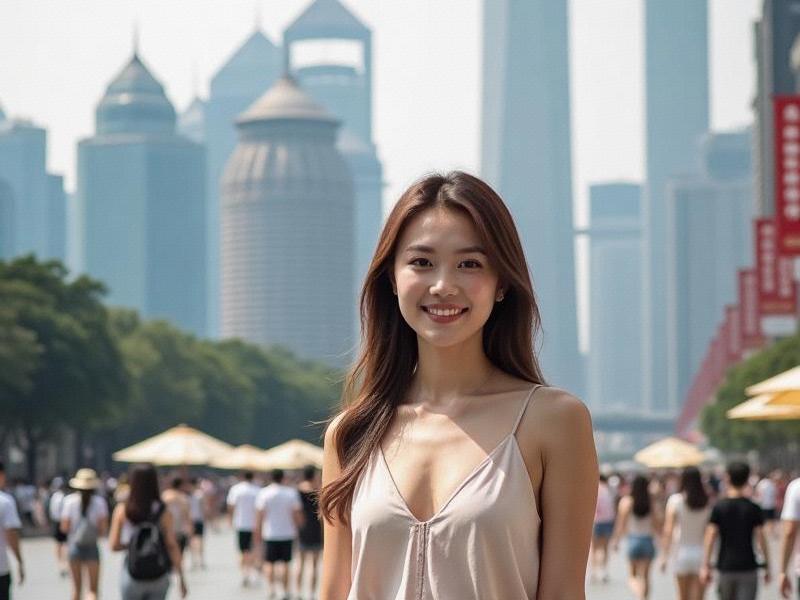A nuanced exploration of how Shanghai women are navigating the intersection of tradition and modernity, creating new paradigms for Chinese femininity in the 21st century.

Section 1: The Shanghai Woman Archetype
Historical context:
- The "Shanghai Girl" phenomenon since 1920s
- Evolution from qipao-clad icons to today's cosmopolitan professionals
- Comparative analysis with Beijing and Guangzhou femininity
Section 2: Professional Pioneers
Career landscape (2025 statistics):
• 38% of Shanghai startups have female founders (national average: 22%)
• 52% middle management positions held by women
• Finance and tech sectors seeing fastest growth in female leadership
爱上海论坛
Section 3: Cultural Custodians
Preserving traditions while innovating:
✓ Modern interpretations of Jiangnan cultural arts
✓ Revival of Shanghainese language among younger generations
✓ Fusion cuisine bridging local heritage and global influences
Section 4: The Marriage Paradox
Changing social dynamics:
- Average marriage age now 32 (up from 25 in 2000)
爱上海最新论坛 - Rising single-by-choice demographic
- New models of partnership emerging
Section 5: Digital Native Femininity
Online influence metrics:
• Top 3 Chinese beauty/lifestyle vloggers based in Shanghai
• 68% of Shanghai women use social media for professional networking
• Micro-entrepreneurship through WeChat ecosystems
Section 6: Global Comparisons
上海花千坊龙凤 How Shanghai women differ:
1) More career-focused than Tokyo counterparts
2) More traditional family values than Hong Kong peers
3) More tech-savvy than Seoul reference group
Conclusion: The Future of Shanghai Femininity
Emerging trends:
1) "New Traditionalist" movement blending heritage and modernity
2) Growing influence in policy-making circles
3) Redefining Chinese beauty standards globally